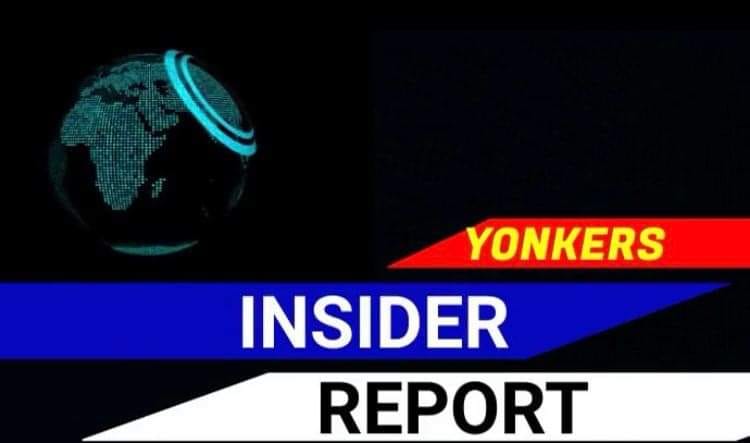Here’s what we’re reading this week:
Recap: Our Offshore Wind Forum: We recently held a virtual forum on the role of energy transmission in New York’s plans to expand offshore wind power. The event was co-hosted with Anbaric Development Partners and the Sabin Center for Climate Change Law at Columbia Law School and sponsored by Con Edison.
Can the Airline Industry Take Off with a Lower Carbon “Wingprint”?: Prior to the global pandemic, global air travel was projected to grow tremendously. As air travel slowly begins to pick up where it left off, we review how the airline industry is prepared to reduce its carbon emissions.
Green Tips: Maintaining an Eco-Friendly Swimming Pool: The summer isn’t over yet. If you have a swimming pool and are still planning to take a dip in the pool, check out this week’s Green Tips to help you maintain it in an eco-friendly way!
News Roundup:
New homes built in unsewered areas of Suffolk County, Long Island will be required to have innovative nitrogen-reducing wastewater systems rather than traditional septic systems as of next July, if a proposed amendment to the Sanitary Code is approved by county legislators. The proposal is supported by a host of environmental advocacy groups including NYLCV. (Riverhead Local)
Attorney General Letitia James joined a coalition of 23 other Attorneys General to file a lawsuit against the Trump Administration for rolling back the National Environmental Policy Act, which requires environmental factors to be taken into consideration when a new construction project is proposed. (Brooklyn Eagle)
The MTA will start using clean fuels in 800 transit buses as part of an effort to reduce greenhouse gas emissions by over 25,000 metric tons annually. (Business Wire)
Waters surrounding New York City are vastly cleaner than they were a decade ago, causing an influx of whales in the area. A juvenile humpback whale recently became caught in a fishing boat’s net and after 3 days of rescue attempts by experts, including the Army Corps of Engineers, the whale was set free. (New York Times)
Westchester County is moving forward with two food scrap recycling programs to create a more environmentally sustainable Westchester while also saving taxpayer money for local municipalities. These programs will allow the County to coordinate the transportation and disposal of residential food scraps collected through local municipal programs. (Hudson Valley Press)
Tourism is a $1.5 billion industry in the Adirondacks, with many residents in the park dependent on the dollars spent by visitors for their livelihoods. But the region’s residents and those who visit are predominantly white, while the state’s population is growing more diverse every day. And that has leaders in the Adirondacks and its tourism industry wondering about the future and suggesting that to thrive, the region needs to be more welcoming to communities of color -- both to visitors and to prospective residents. (New York Upstate)
Sincerely,
New York League of Conservation Voters








No comments:
Post a Comment